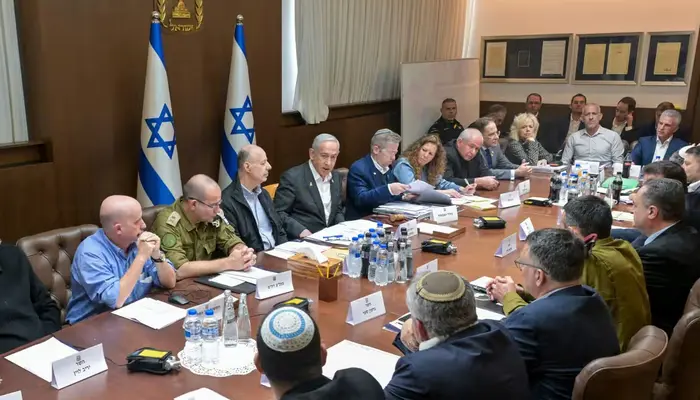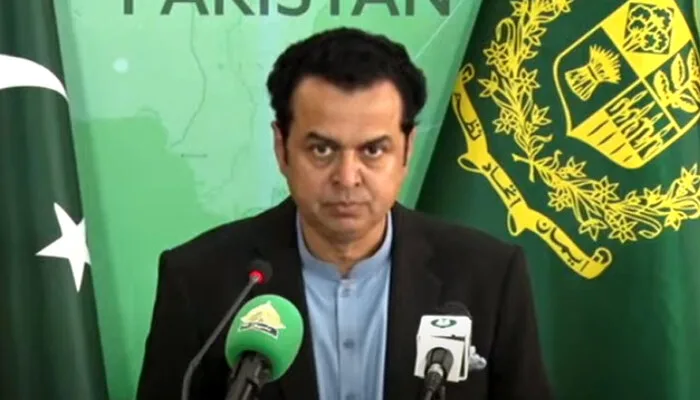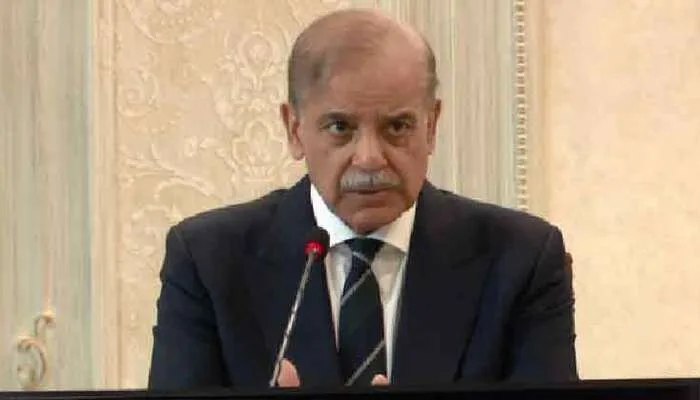Israel Security Cabinet Ratifies Gaza Ceasefire Agreement

Israel’s security cabinet has approved a landmark ceasefire agreement, a critical step to ending the 15-month war with Hamas. The deal includes the exchange of hostages held by Hamas for Palestinian prisoners in Israeli jails. This agreement also halts hostilities for six weeks and seeks to address the humanitarian crisis in Gaza.
Hostage and Prisoner Exchange Details
In return, Israel will free 50 Palestinian prisoners for each female soldier released and 30 prisoners for other hostages. The names of the released hostages and prisoners will be publicly disclosed after their transfer.
Israeli President Isaac Herzog praised the decision, calling it a crucial step to fulfill the government’s obligation to its citizens. Although petitions challenging aspects of the deal are pending in Israel’s high court, intervention is unlikely.
Read: Israel Delays Ceasefire Vote as Gaza Attacks Escalate
Phased Implementation Plan
The ceasefire’s first phase prioritizes releasing hostages and prisoners while addressing Gaza’s humanitarian needs. Wounded individuals will be evacuated for treatment abroad, and daily aid deliveries to Gaza will increase to 600 trucks. The second phase includes the release of remaining hostages and corresponding Palestinian prisoners, followed by Israel’s complete withdrawal from Gaza.
The agreement outlines a third phase to exchange the bodies of deceased hostages and fighters. It also introduces plans for Gaza’s reconstruction, though future governance remains unclear. International leaders have suggested restoring Palestinian Authority control in Gaza, but Israel opposes this move.
Humanitarian Challenges in Gaza
The war has devastated Gaza, leaving over 46,000 Palestinians dead and its infrastructure in ruins. Aid agencies report that at least 500 daily truckloads of supplies are required to manage the humanitarian crisis. The agreement aims to facilitate relief efforts and allow displaced Palestinians greater mobility within Gaza.
Continued Violence and Negotiations
Despite the ceasefire announcement, violence persisted until Thursday night. Israeli airstrikes targeted 50 sites in Gaza, while Palestinian authorities reported 86 casualties within 24 hours. The ceasefire seeks to halt such attacks and provide relief, though negotiations for long-term peace will continue. Israeli negotiators are scheduled to meet in Cairo to finalize logistics.
Broader Implications
The conflict, which began with a Hamas attack in October 2023, has claimed 1,200 Israeli lives and resulted in 250 hostages. Previous ceasefires collapsed quickly, highlighting the challenges of achieving lasting peace. The international community remains focused on ensuring this agreement succeeds and addresses the humanitarian crisis.
Follow us on Google News, Instagram, YouTube, Facebook,Whats App, and TikTok for latest updatesFollow us on Google News, Instagram, YouTube, Facebook,Whats App, and TikTok for latest updates












